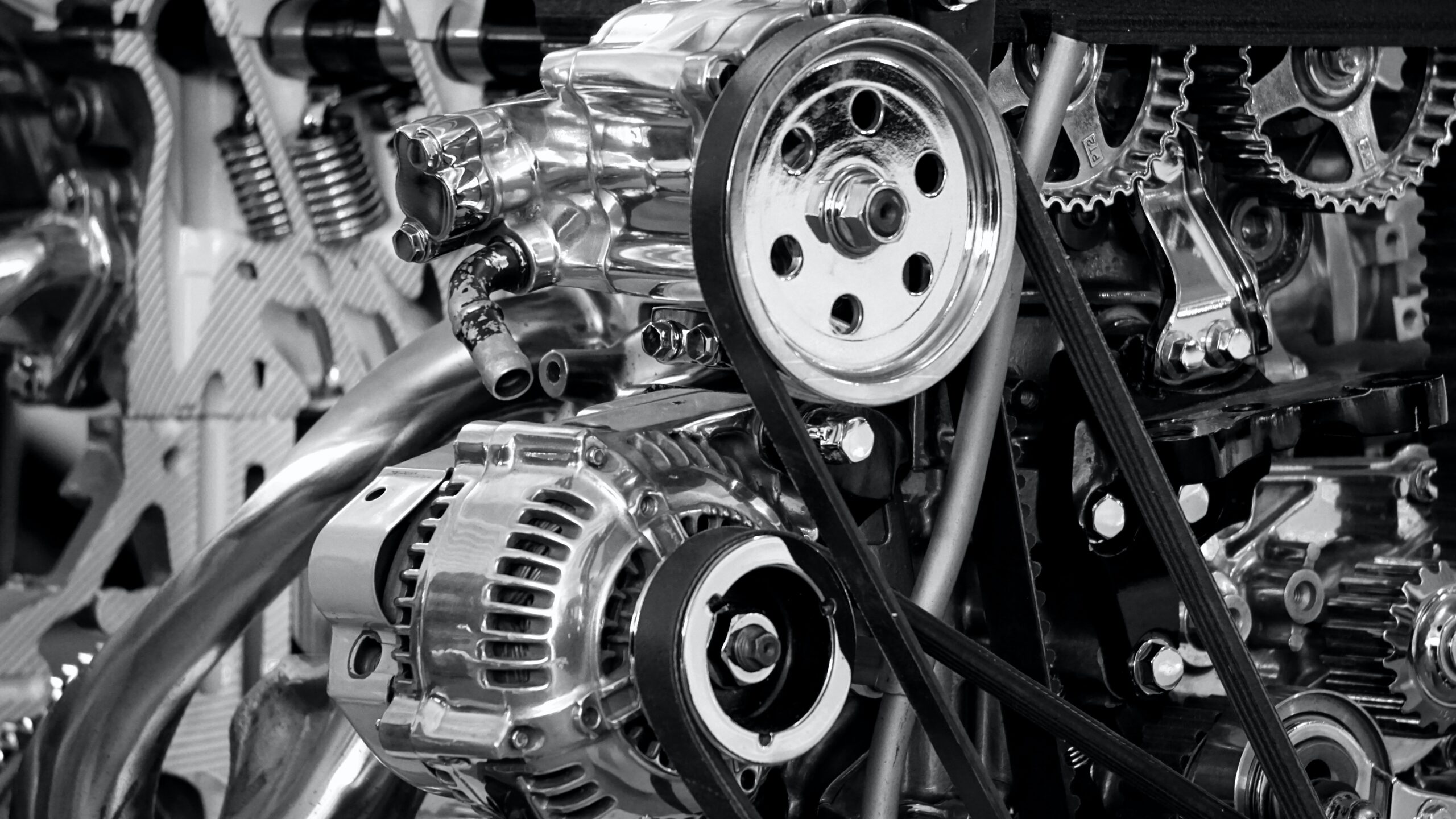Discover High-Quality Imports with Engines For Africa
Discover High-Quality Imports with Engines For Africa
Blog Article
Discover a Vast Array of Engines for each Automobile and Function
The automotive landscape is progressively intricate, with a varied range of engine kinds made to fulfill particular efficiency and performance requirements throughout various car classifications. Furthermore, durable engines serve the requirements of job cars, while green alternatives are getting traction in the quest of lasting transport.
Kinds Of Automotive Engines
Automotive engines can be categorized into several distinct types, each made to fulfill details performance and effectiveness demands. The most common classifications consist of interior combustion engines, electrical engines, and hybrid systems.

Electric engines, on the various other hand, operate on electric power saved in batteries, supplying immediate torque and no discharges. These engines are becoming increasingly prominent due to developments in battery technology and the expanding emphasis on sustainability.
Crossbreed systems incorporate both interior combustion and electrical engines, allowing vehicles to enhance gas effectiveness and decrease discharges by perfectly switching in between source of power. Each engine kind offers its benefits and disadvantages, influencing variables such as car layout, intended use, and market need. Understanding these differences is critical for consumers and makers alike when choosing the appropriate engine for their details demands.
Performance Engines for Sports Cars
Efficiency engines for sporting activities automobiles are especially crafted to deliver improved agility, power, and speed, setting them besides typical automotive engines. These engines commonly make use of innovative modern technologies such as turbocharging, supercharging, and variable valve timing to optimize performance and responsiveness.
Commonly, performance engines are made with greater compression proportions, which enable for better power removal from fuel. This leads to excellent horsepower and torque figures, allowing fast velocity and greater top rates. The light-weight materials utilized in these engines, such as aluminum and carbon fiber, add to minimized total vehicle weight, boosting handling and maneuverability.
Engine configurations like V6, V8, and even hybrid systems are typical in performance sporting activities cars and trucks, each offering distinct benefits in regards to power shipment and driving characteristics. The tuning of these engines is also critical; numerous suppliers maximize the engine administration systems to provide an electrifying driving experience, usually consisting of sport settings that readjust throttle reaction and gear shifts.
Reliable Engines for Daily Commuters
In the world of everyday travelling, efficient engines play a critical duty in enhancing gas economic climate and minimizing exhausts while offering trusted performance. As metropolitan populations grow and ecological problems increase, the demand for automobiles outfitted with efficient powertrains has actually surged.
Modern engines made for day-to-day travelers frequently incorporate modern technologies such as turbocharging, direct gas shot, and crossbreed systems. Turbocharging improves engine effectiveness by compeling more air into the burning chamber, enabling smaller sized, lighter engines that do not compromise power output. Straight fuel injection enhances fuel atomization, causing better combustion and boosted effectiveness.
Crossbreed engines, combining internal combustion with electric power, more enhance gas economic situation, particularly in stop-and-go web traffic, where conventional engines can experience inefficiencies. Electric motors help during acceleration and can run independently at low speeds, reducing total gas consumption.
Moreover, advancements in engine monitoring systems and light-weight products add substantially to efficient engine layout. By concentrating on performance, durability, and ecological sustainability, makers remain to provide engines that not see page only satisfy the needs of everyday travelling however also align with worldwide efforts to reduce carbon footprints.
Heavy-Duty Engines for Work Automobiles
Durable engines for job lorries are regularly crafted to supply phenomenal torque and integrity under demanding conditions. These engines are designed to execute in environments where standard engines may fail, such as building websites, logging operations, and farming setups. The primary focus of durable engines is their ability to produce high levels of power while keeping toughness over prolonged periods of operation.
Usually, durable engines use sophisticated products and durable building and construction techniques to stand up to the rigors of heavy workloads. Functions such as strengthened cylinder blocks, boosted cooling systems, and progressed gas shot technologies add to their effectiveness. These engines often operate at lower RPMs, which assists to maximize fuel efficiency while offering the necessary power for towing and carrying.
In addition to mechanical toughness, durable engines are commonly equipped with advanced digital control devices (ECUs) that take care of performance, discharges, and diagnostics. This combination permits for much better tracking and maintenance, ensuring that work automobiles remain efficient and operational.
Ultimately, sturdy engines are a vital part in the performance of various sectors, supplying the necessary power and reliability to tackle the hardest of tasks.
Eco-Friendly Engine Options
The expanding focus on sustainability has resulted in the advancement of eco-friendly engine options that focus on reduced emissions and enhanced fuel efficiency. These engines are made to minimize the environmental effect of lorries while still delivering the performance and integrity expected by customers.
Among one of the most remarkable environment-friendly options are electric and hybrid engines. Hybrid engines combine standard inner combustion engines with electric propulsion, permitting decreased fuel consumption and reduced greenhouse gas emissions. Electric engines, on the various other hand, run totally on battery power, creating zero tailpipe emissions and adding to cleaner air high quality.
Another encouraging development is the advancement of biofuel engines, which utilize renewable resources, such as plant materials, to this website power lorries (Engines For Africa). By utilizing biofuels, these engines can minimize dependency on nonrenewable fuel sources and reduced general carbon impacts

As the automotive market evolves, environmentally friendly engine alternatives will play an essential duty in driving the shift in the direction of even more sustainable transportation remedies.
Verdict
From high-performance engines that enhance sports automobile capacities to reliable models prioritizing fuel economy for day-to-day travelers, each type offers a particular function. Heavy-duty engines provide to durable job automobiles, while eco-friendly choices, such as electric and biofuel engines, promote sustainable transportation.

Report this page